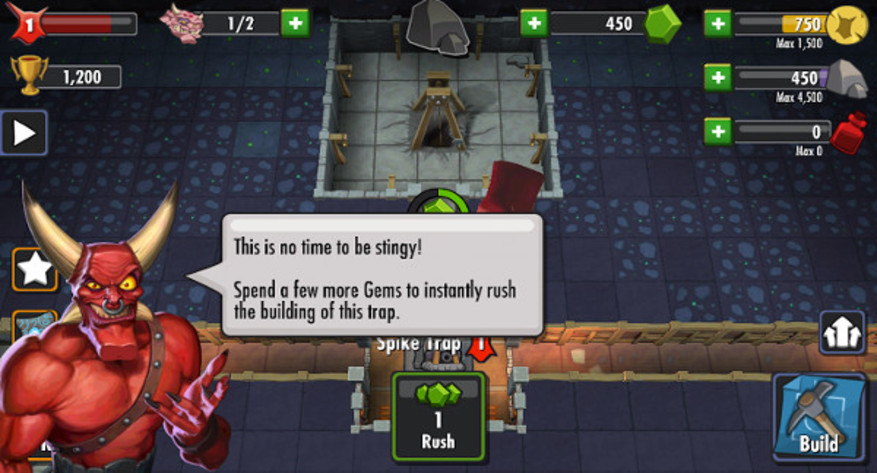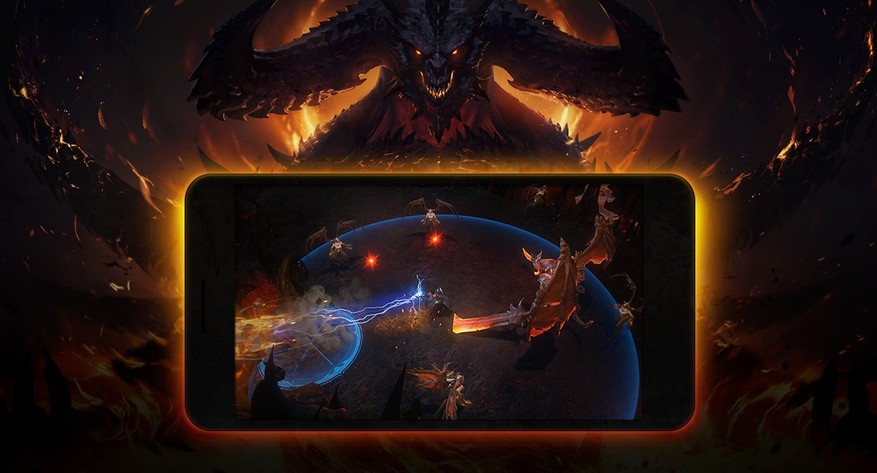With the recent trends from developers and publishers, what does the future hold? Why must these primarily PC-based games come to smartphones and tablets? As gamers, what should we expect? The future of mobile gaming looks like it is in full swing, and continues to only grow from here. People have every right to be mad or disappointed when their favorite franchise seems to become a pointless cash grab. Just as well as that can be seen, the same can be said about developers defending their games. The developers have just as much right to create a game they envision in any form and stick to their guns. Is it really a game they envision though, or is it a game envisioned by another team?
Mobile Gaming: The Perception?

To many players, mobile gaming can be quite a few things. It can just be a ploy to make money, in which we coin the term “freemium.” Freemium is a game considered to be technically free, but to make any significant progress, or in order to gain additional features, one must spend money. There are plenty of examples of this, from many MMOs to Candy Crush, and of course EA’s Dungeon Keeper. You either need to pay to unlock levels, skip certain amounts of time on your creation of units, or even something not so bad like cosmetics. Well, some games of this type are not bad, while others leave a sour taste in your mouth.

Mobile games can have their good merits, with some developed around a pay once and play model. Evoland and Cytus II are among the very few to offer a pay once and play model, even though they are not considered as lucrative of a business practice. Various SEGA, Square Enix, and even Nintendo games have also come to the mobile market, with similar successes. It seems as though the amount of money made off a game is highly vindictive of its success, with Clash of Clans and Candy Crush almost being at the forefront. Angry Birds was one of the first major global mobile market successes, spanning merchandise and even an animated series.
With mobile gaming on the minds of developers and publishers alike, there could be good ports of games. There could even be good mobile games in general, having their roots be strictly mobile. The games that take up a screen normally consist of some control pad, or tap options, or even a lot of text boxes. A majority of the time, you will be tapping away at the screen. In certain cases you can actually fit a controller, but that is reserved more on the PC and console side of things. What makes mobile good, but not the ideal experience, is during travel. Sometimes you want to get away and you have the convenience of apps or games to download. A majority of them will probably not be full-length games, since not many people actually have the time to waste on mobile.
This leads us to the problems with mobile gaming…
- Alienating consumers – With series of games that are often considered very big and epic, developing a game with only mobile in mind can be disappointing. This means there is no certainty that a company has not pulled their resources from a main game in a series to focus on a simplified version.
- The “Freemium” problem – How many games have been hit with a pay wall over the last year? Quite a few. Many of them happen to be free-to-play, but at the same time you have to pay to progress further. Dungeon Keeper is one of the most notable, but games release every month with this business model in mind. There is no certainty a game won’t have this business model added to it.
- Similar gameplay and similar concept – Every game developed for mobile devices have been pretty much called out to be a re-skin of another game. It’s especially hard to think that major companies can go down this route, but they do. Sometimes they can do that unknowingly-so. When a game looks the same as every other game in the genre, they lose people early on.
- Outsourcing – Many developers and publishers do it. They outsource. Why? Because it’s a lot less expensive and they can push out a product that much faster. Some of it can be good, such as to continue to funnel their IP with money or viewership. It’s not taking away resources, it would seem, but at the same time people might expect developers to develop their own games.
- Play time – How much time would one even spend on the game? This is one of the most damaging things to have to come across in mobile gaming. If a player isn’t invested, he moves on to something else very quickly. The same could be said about all games, but it’s different for mobile gaming. Taking Command & Conquer or Diablo, you would expect a large amount of play time. That’s what you would expect from those franchises. On mobile, one looks to be a considerably smaller game, while the other isn’t quite known. Although, with enough similarities between Diablo: Immortal and another game, it’s not looking that great.
What does mobile gaming hold for the future?

Well, while it doesn’t feel any more different, it’s not like companies are making a giant leap to appeal to their fandom. Companies are hopping on the bandwagon, just like with Battle Royale. Every major corporation feels they have to appeal to investors opposed to their actual audience. However, if you see the trend of stocks with that, you would see why the opposite has to be pursued. As long as companies can appeal to consumers, stocks will rise, and so will investor interest. For the future of mobile gaming, it doesn’t look all that bad though. Place enough pressure on companies and we may see a shift in the mindset to try different things and build better structures around mobile gaming. Money is always just a red herring, whereas the main audience is who developers need to appeal to.












